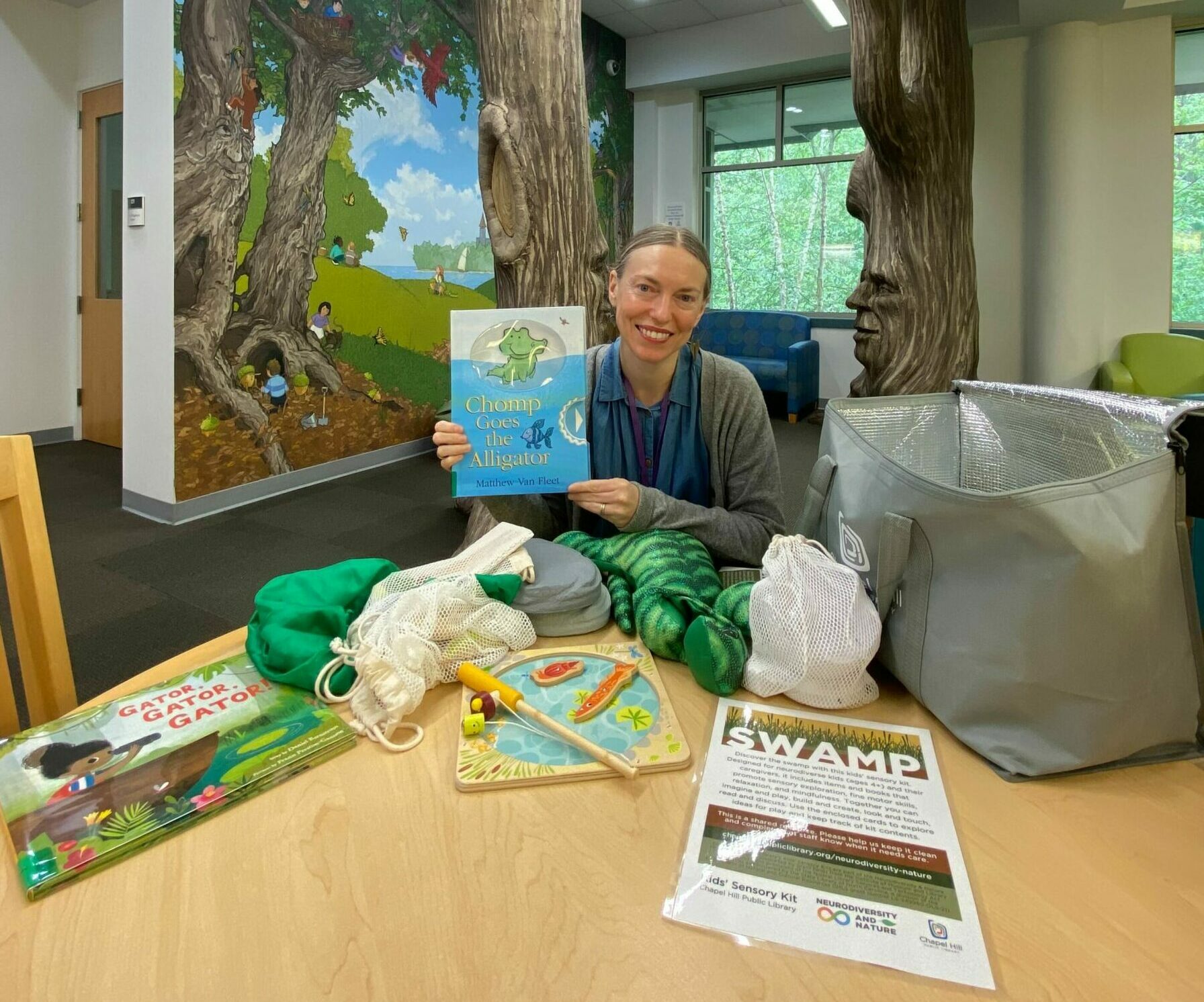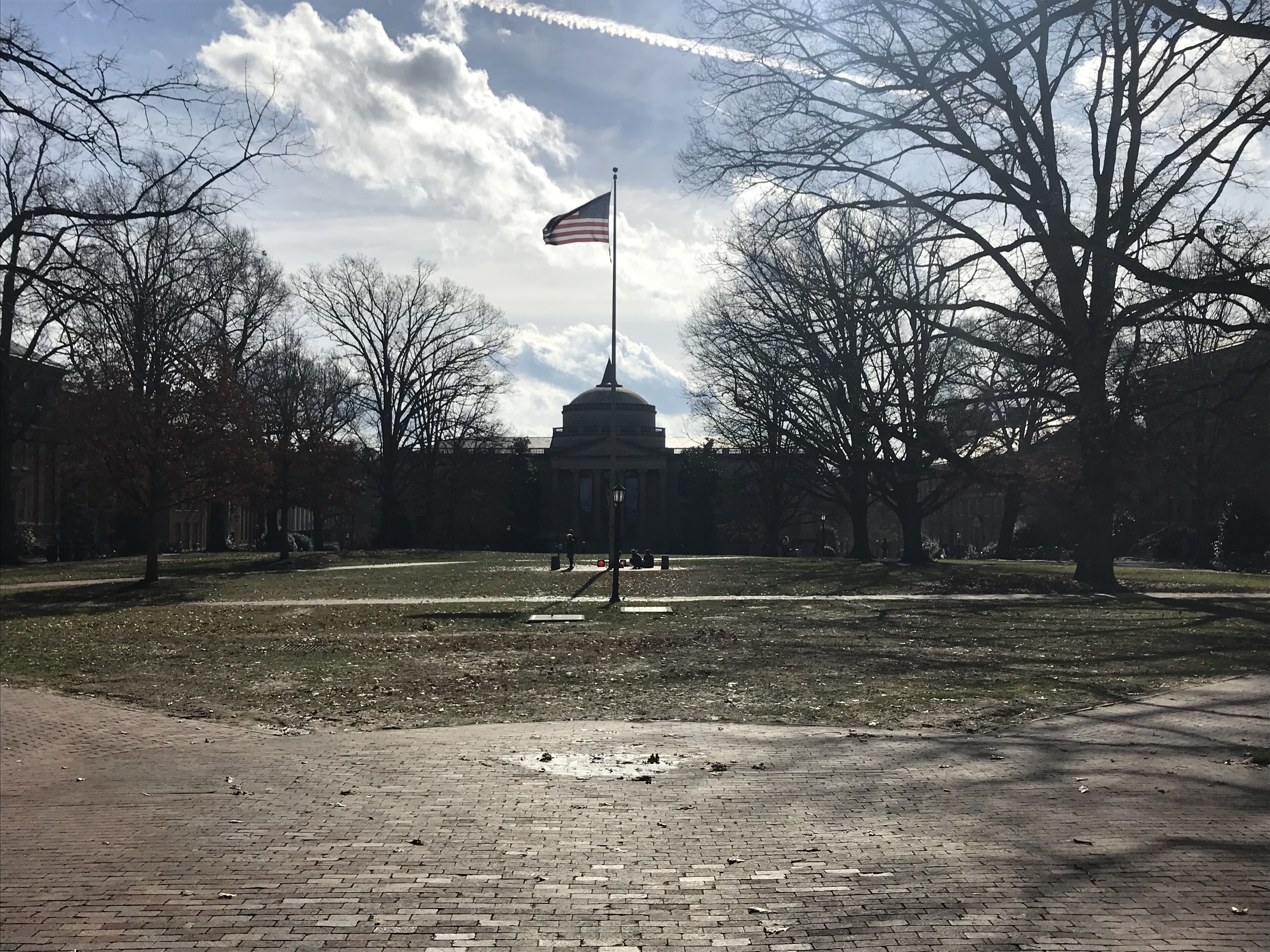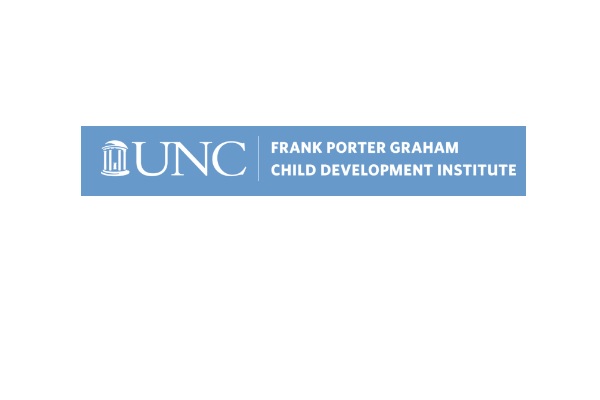CHAPEL HILL – UNC is doing its part in a global study on a potential new treatment for autism.
UNC ASPIRE Program clinical research manager Cheryl Alderman says the study will look at how an experimental drug known as memantine affects the symptoms of autism spectrum disorders—and researchers have already begun enrolling patients.
“The first part of the study, they’ll receive open-label medication,” she says, “(and) if they have a positive response or no response, they’ll be randomized into a separate study where they may get active medication or a placebo…(then) if the participant does not do well, they can go straight back into an open-label phase.”
UNC’s ASPIRE program, which is orchestrating the university’s involvement in the project, is dedicated to doing research on children and adolescents who are suspected to have an autism-related disorder. The study will take place at more than 80 worldwide sites; UNC-Chapel Hill is the only one in North Carolina.
Alderman says autism-related disorders fall on a spectrum, with varying degrees of severity.
“The symptoms that are common to most autism spectrum disorders are deficits in social interaction, deficits in language and communication, (and) repetitive behaviors and restrictive interests,” she says. “The severity of the deficits in those three core areas help determine (the) specific diagnosis.”
Autism spectrum disorders have received increased media attention over the past month, after some reports suggested that the gunman in the Sandy Hook tragedy might have been suffering from one—but Alderman says no evidence exists to link autism spectrum disorders to violent behavior.
“Just because someone has a mental health diagnosis, (that) does not make them more prone to violence,” she says. “It might make them more prone to certain types of behaviors, but just because someone has an autism-spectrum diagnosis, (that) does not automatically assume that they’re going to be violent or have the capacity to do that.”
And licensed psychologist Dr. Barbara Low-Greenlee says while school shooters and autism patients might share certain characteristics, violent tendencies isn’t necessarily among them.
“One of the characteristics of school shooters can be poor social skills,” she says, “but when you really look through the predictors, the truth is there are many people with many predictors that will never be a school shooter…
“Autism truly has nothing to do with a propensity towards being a school shooter.”
Researchers will be enrolling patients in the study until March. The first phase is expected to run for about 48 weeks.
Related Stories
‹
![]()
Surgery for Back Pain? Think TwiceBack pain can be an enormous obstacle to your daily life. Our spines are so central to every movement we make that any discomfort or pain can make ordinary activities unbearable. There are numerous causes of back pain, from muscle spasm to disc problems to bone deformities. And there are almost as many kinds of […]
![]()
Medicaid and Medicare MythsIn the face of all the budget cuts for both state and federal I thought some interesting facts and statistics would put our “state of Medicaid and Medicare” in perspective. The bill recently approved by the U.S. House of Representatives would cut federal Medicaid spending by 50% by 2030. Medicaid Facts It is funded jointly […]
![]()
Baby Boomers....Do You Know The Options For Senior HousingOnce the decision is made to move to a retirement community, the next big question is what type of community best meets their individual needs. While there are many […]

Trump Makes Unfounded Claims About Tylenol and Repeats Discredited Link Between Vaccines and AutismPresident Donald Trump on Monday used the platform of the presidency to promote unproven and in some cases discredited ties between Tylenol, vaccines and autism.

Chapel Hill Library Launches New Neurodiversity & Nature InitiativeThe Chapel Hill Public Library is launching the Neurodiversity and Nature initiative to support inclusion and promote environmental education.

UNC Researcher, Distinguished Professor Wins O. Max Gardner AwardThe UNC System’s Board of Governors honored Dr. Samantha Meltzer-Brody, one of the top researchers of perinatal depression and mood disorders, with a distinguished award on Thursday. The board formally awarded Meltzer-Brody this year’s O. Max Gardner Award at its meeting, celebrating the psychiatrist’s international achievements in researching depression of women during pregnancy and after childbirth. […]

Focus Carolina: Kara HumeTune in to Focus Carolina during morning, noon and evening drive times and on the weekends to hear stories from faculty members at UNC and find out what ignites their passion for their work. Focus Carolina is an exclusive program on 97.9 The Hill WCHL, sponsored by the University of North Carolina at Chapel Hill. Kara Hume, […]
![]()
UNC Donates Kits for 'Autism Friendly' Performance of Elf at DPACEarlier this month, UNC Health Care sponsored an “autism-friendly” performance of “ELF The Musical” at DPAC. The performance was designed for those on the autism spectrum that may have difficulty focusing in a theater or could benefit from a more relaxed environment. UNC Health Care donated over 2,000 sensory friendly kits for audience members with […]

UNC Autism Research Center Announces New Fundraising CampaignThe UNC Autism Research Center is setting a goal to raise $50k to fund interdisciplinary postdoctoral research. The fundraising campaign was launched on April 2, which is World Autism Day. UNC Autism Research Center project manager Allison Zoller says in addition to funding the position, she believes the fundraiser will boost awareness for the center. […]

FPG Institute Launches Project to Narrow Down Best Practices for Children with AutismUNC’s Frank Porter Graham Child Development Institute is launching a project called The National Clearinghouse on Autism Evidence and Practice. The project will review thousands of research articles about children with autism to narrow down most effective practices. FPG advanced research scientist and director of the National Clearinghouse on Autism Evidence and Practice, Kara Hume, […]
›







